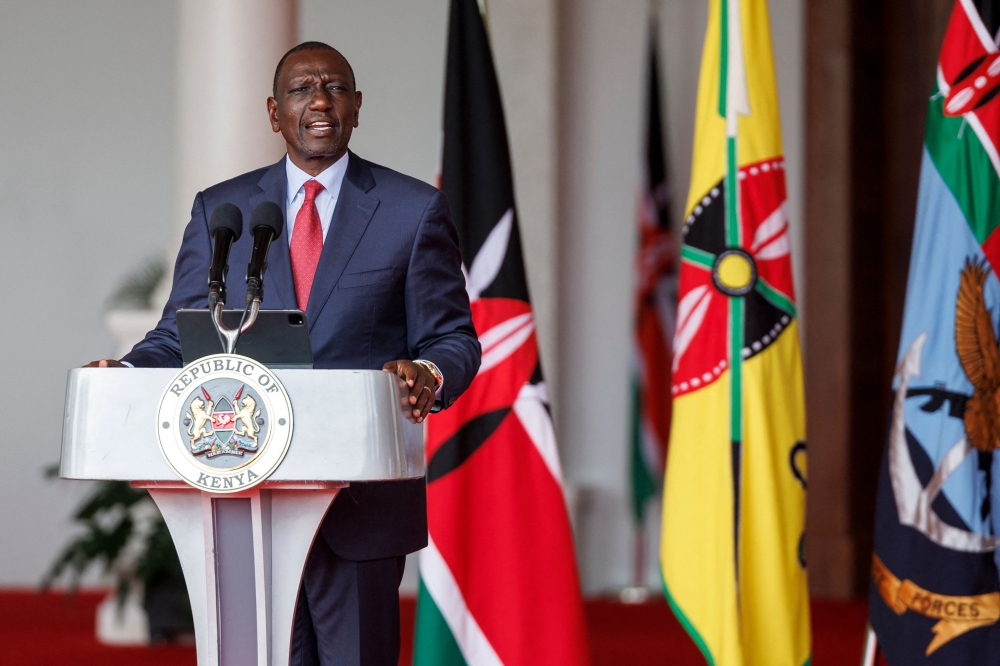Kenya’s Court of Appeal has overturned a controversial finance bill signed into law by President William Ruto last year, citing flaws in parliamentary procedures and deeming it unconstitutional. The 2023 Finance Act had sparked widespread protests over tax hikes on basic goods and services, as well as a levy on all taxpayers to fund a housing scheme. The ruling comes as a blow to Ruto and his struggling administration, already facing economic challenges and public unrest.
Ruto had hoped the finance bill would generate over $2.1 billion in revenue to alleviate Kenya’s heavy debt burden. However, the legislation’s unpopular measures led to months of demonstrations and violent clashes between protestors and police. Opposition leader Raila Odinga played a key role in organizing protests against the bill, which escalated into looting and deadly confrontations, raising concerns about the country’s stability.
In response to mounting pressure, Ruto decided to revoke the 2024 finance bill last month after facing renewed protests led mostly by young Kenyans. The draft legislation aimed to raise an additional $2.7 billion through further tax hikes, triggering a fresh wave of public discontent. The decision to abandon the bill came after a violent incident in Nairobi, where protestors stormed parliament and police resorted to using live ammunition to disperse the crowds.
The Court of Appeal’s ruling highlights the deep-seated discontent among Kenyans over the government’s economic policies and the impact of austerity measures on their daily lives. The annulment of the finance bill is a setback for Ruto, who is grappling with a challenging economic environment and dwindling public support. The court’s decision reflects the growing dissatisfaction with the administration’s handling of the country’s finances and the need for greater transparency and accountability in governance.
As Kenya faces a looming debt crisis and economic uncertainty, the government must reassess its fiscal policies and prioritize the welfare of its citizens. The ongoing protests and legal challenges underscore the urgent need for comprehensive reforms to address the root causes of social unrest and restore public trust in the government. Ruto’s administration is under mounting pressure to deliver tangible results and ensure that future legislation reflects the needs and concerns of the Kenyan people.
In conclusion, the annulment of the controversial finance bill signals a turning point in Kenya’s political landscape and the need for greater dialogue and cooperation between the government and its citizens. The ruling underscores the importance of upholding the rule of law and ensuring that legislative processes are conducted in a transparent and accountable manner. Moving forward, Kenya must embark on a path of inclusive economic development that prioritizes social justice and equitable distribution of resources. Only through meaningful reforms and genuine engagement with the public can the country overcome its current challenges and build a more prosperous and stable future for all its citizens.




































